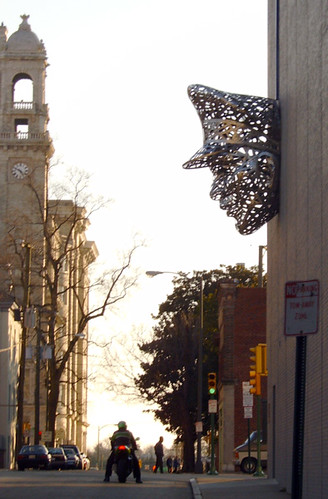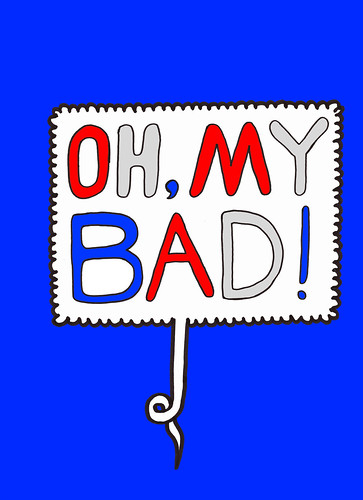And the hits keep on coming!
Security experts: PlayStation Network breach one of largest ever - Game Hunters - USATODAY.com:
The external hack of Sony's PlayStation Network represents one of the largest data breaches ever, security experts suggest."The most troubling thing about this breach is the breadth of data that was leaked: name, address, passwords, purchase history and possibly credit card numbers," says Judge. "This provides potential ammunition for almost any type of attack."Other security experts concur. "The Playstation Network hack is one of the largest in history, with over 70M records compromised. Sony's initial delay and vagueness about the nature of their security breach gives hackers the opportunity to exploit that data and potentially mine more of their customers' information," says Mandeep Khera of application security firm Cenzic.






